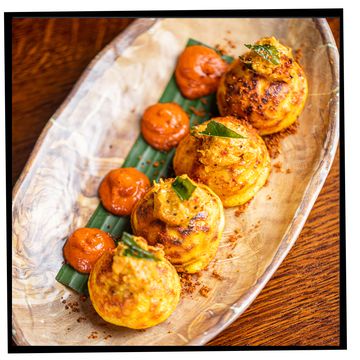UPDATE JULY 2, 2019 4:27 PM EST:
- Headline has been updated from "Cheese Has The Same Effect On Your Brain As Heroin " to "Cheese Is Actually Addictive, Study Finds" to clarify that cheese may share characteristics with drugs of abuse.
- The dietician who made claims that "Casomorphins attach to the brain's opiate receptors to cause a calming effect in much the same way heroin and morphine do," works for an advocacy group, Physicians Committee for Responsible Medicine, which promotes veganism.
- Evidence for casomorphins attaching to the brains' opiate receptors to cause a similar effect to heroin and morphine is still weak.
If you’ve ever found yourself frantically demolishing a wheel of camembert on a Friday evening like a bear with blood-lust, then you might be relieved to discover that it’s not discipline that’s the issue, it’s addiction.
While it’s common knowledge that hard drugs like crack, cocaine and heroin are highly addictive, you may be more surprised to discover that a manchego habit might be as difficult to kick as a drugs one.
According to a - vital - study done by the University of Michigan, which set out to discover ‘the drugs of the food world’, the reason cheese is so moreish is down to a protein called casein, which releases opiates called casomorphins during digestion. Those casomorphins wreak havoc with dopamine receptors, triggering addictive elements in the brain.
Nicole Avena, a co-author on the study, said: ‘This is a first step towards identifying specific foods, and properties of foods, which can trigger this addictive response.
‘This could help change the way we approach obesity treatment. It may not be a simple matter of 'cutting back' on certain foods, but rather, adopting methods used to curtail smoking, drinking and drug use.’
According to another study by Columbia University, a Mediterranean diet that includes foods like fish, olive oil and fresh vegetables can reduce the risk of Alzheimers and breast cancer and reduce the ageing of the brain, which could explain why communities in rural Italy and Greece enjoy such long, healthy lives.
Is a life without pizza any kind of life at all? That’s the question.












